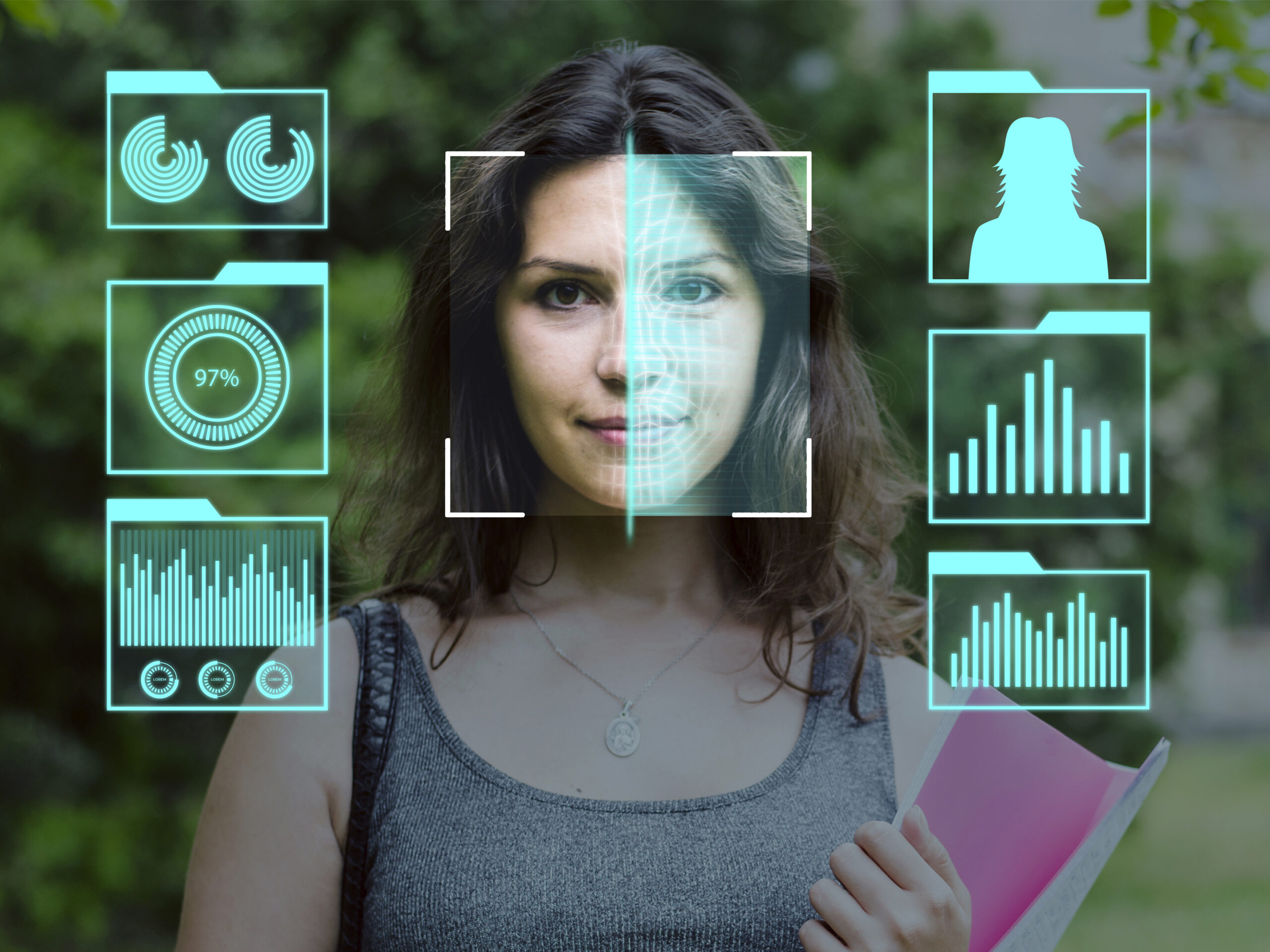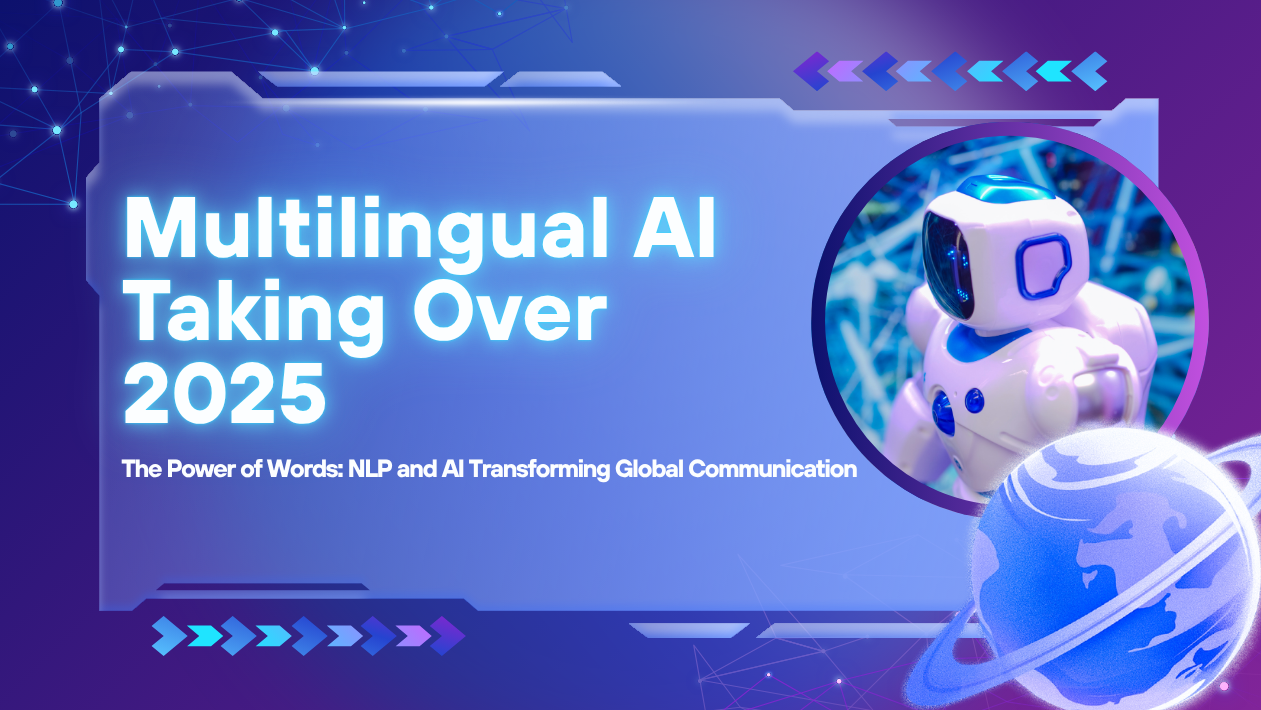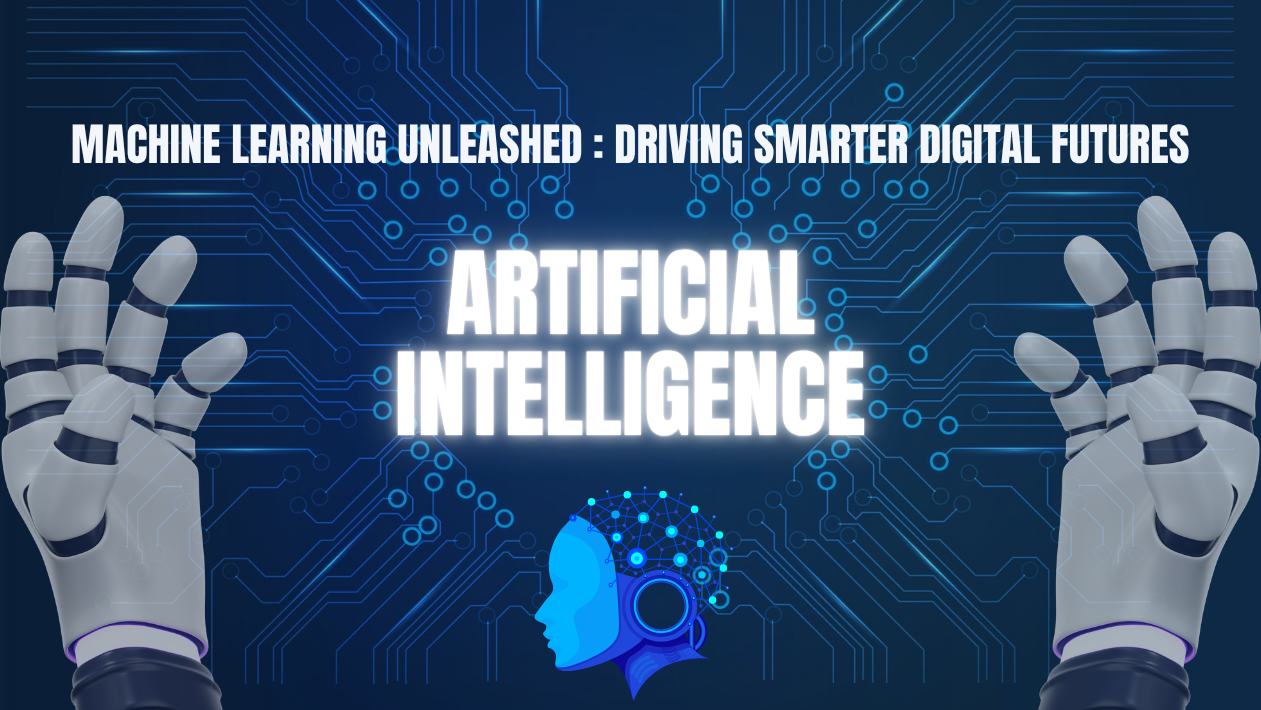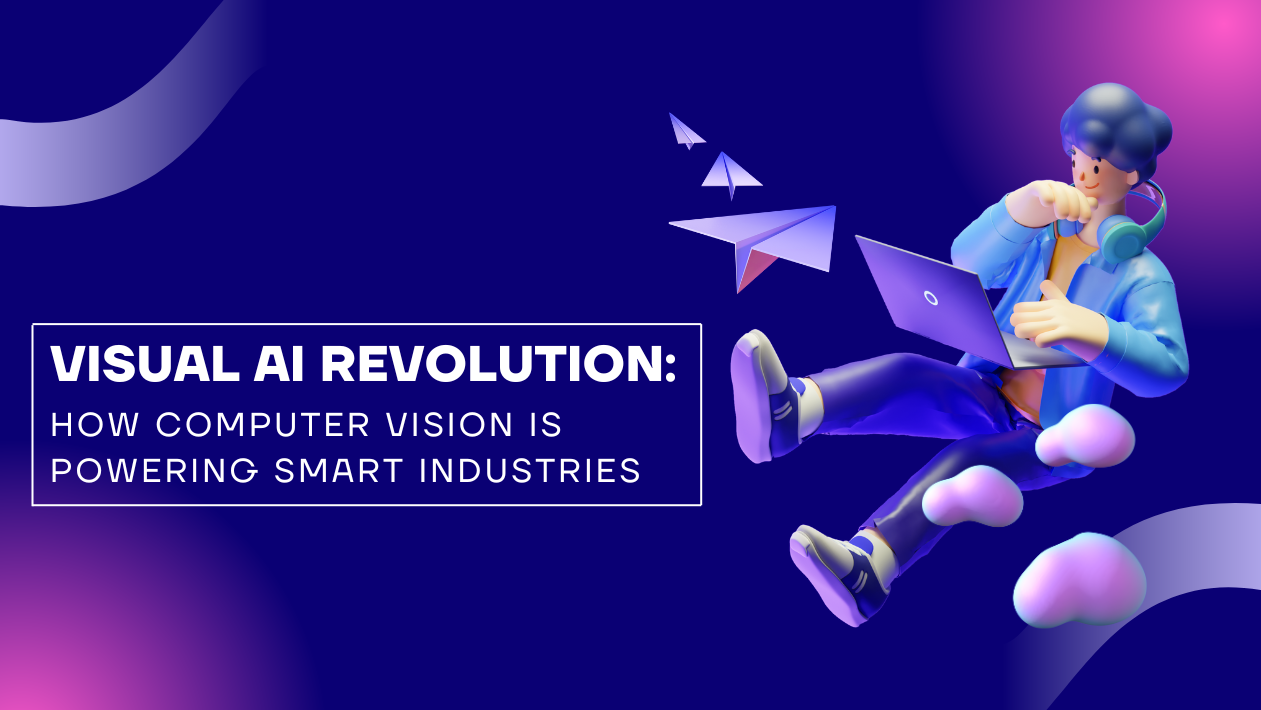As artificial intelligence weaves itself into finance, healthcare, transportation, and everyday consumer apps, AI ethics has moved from conference panels to the front pages of policy and business strategy. Around the world, governments, researchers, and tech leaders are establishing frameworks to ensure AI systems remain fair, accountable, and aligned with human values.
Global Regulations Take Hold
- EU AI Act Implementation: Europe’s landmark legislation entered full enforcement this summer, mandating risk classification, algorithm audits, and explainability reports for high-impact systems such as medical diagnostics and hiring software.
- U.S. National AI Accountability Framework: The United States introduced a voluntary-but-strong standard requiring third-party audits and bias testing for federal AI contracts.
- Asia-Pacific Initiatives: Japan, Singapore, and India have announced cross-border agreements to harmonize ethical AI practices, focusing on privacy protection and data sovereignty.
Tech Industry Doubles Down on Responsible AI
Big technology companies and startups alike are expanding responsible AI teams and publishing model cards detailing training data, limitations, and bias-mitigation steps.
Open-source libraries—such as Fairlearn and AI Fairness 360—are becoming standard in development pipelines, while cloud platforms now offer built-in bias detection and explainability tools.
Key Ethical Challenges in 2025
- Bias & Fairness: Studies continue to reveal hidden biases in language models and facial recognition. Organizations are adopting balanced datasets and counterfactual testing to reduce harm.
- Transparency & Explainability: Businesses deploying generative AI must provide clear reasoning paths for high-stakes decisions in finance, healthcare, and law enforcement.
- Deepfake & Misinformation Control: As synthetic media grows more convincing, regulators require watermarking and provenance tracking to safeguard elections and journalism.
Public Trust Becomes a Competitive Advantage
Consumers and enterprise clients increasingly favor companies that can prove ethical compliance. Clear disclosure when content is AI-generated, accessible opt-out choices, and human-in-the-loop review are now key differentiators in winning contracts and customers.
The Road Ahead
Experts predict that within the next two years, ethical certification labels—similar to organic or energy-efficiency seals—will become commonplace for AI services.
Organizations that integrate ethics-by-design today are expected to gain both regulatory ease and market trust as AI adoption accelerates.





